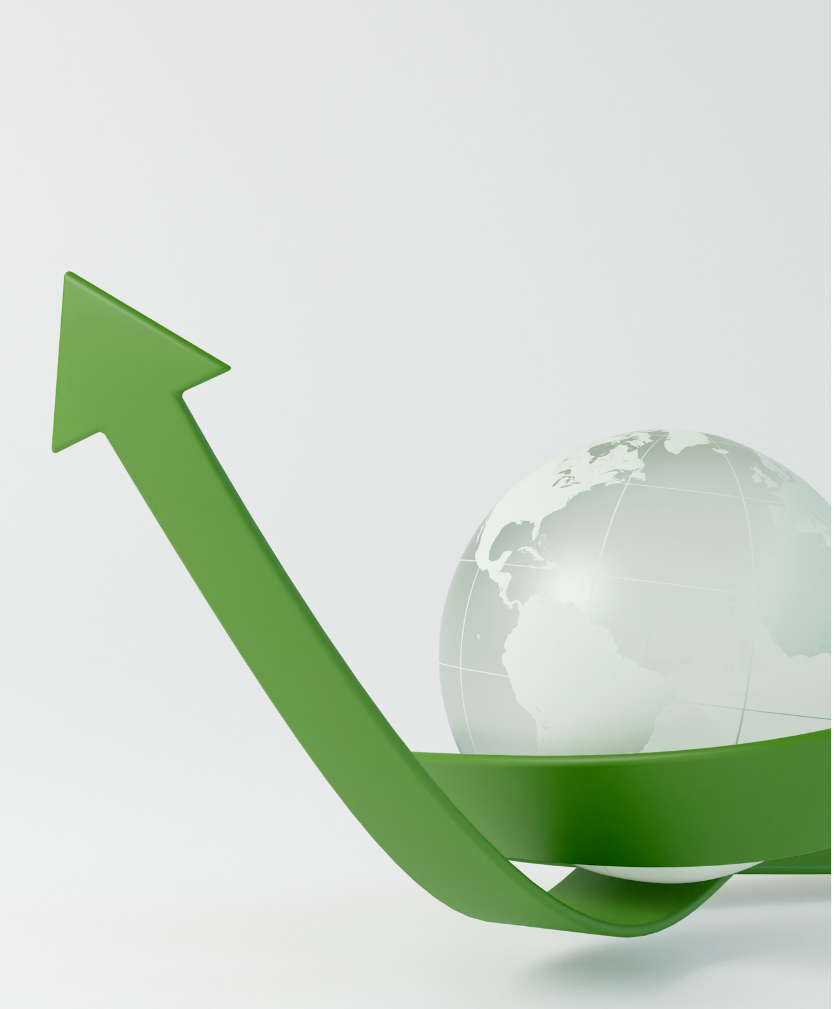
More Financing for Startups and Scaleups in Europe
More Financing for Startups and Scaleups in Europe Óscar SalazarSettings The European Commission has presented the EU Startup and Scaleup Strategy, aimed at positioning Europe
The European Commission has introduced on 26 February the Clean Industry State Aid Framework (CISAF), a comprehensive set of guidelines aimed at aligning state aid measures with the objectives of the Clean Industrial Deal. This initiative is designed to accelerate industrial decarbonisation, support clean technology manufacturing, and ensure a competitive and sustainable economy within the EU.
Achieving the ambitions of the Clean Industrial Deal requires substantial investment, primarily from private sources but complemented by public funds where necessary. The framework provides a structured approach for member states to design state aid measures that foster investments in renewable energy, industrial decarbonisation, and clean tech production while preserving competition within the internal market.
CISAF represents a bold step in aligning EU industrial policy with climate goals. By setting out a clear, structured, and competitive approach to state aid, the framework ensures that Europe can lead in green technologies while maintaining economic stability. Member states now have a roadmap to deploy funds effectively, ensuring a clean, competitive, and socially fair transition towards net-zero industries.

As the European Commission prepares for the 2028–2034 financial period, businesses and organisations must adapt to a rapidly evolving funding environment. Euro-Funding, with its extensive expertise in securing EU funding, can guide companies through this complex landscape. From identifying the most suitable funding opportunities to structuring successful applications and ensuring compliance with evolving regulations, Euro-Funding provides end-to-end support to maximise access to financial aid. By leveraging deep industry knowledge and strong institutional connections, Euro-Funding helps clients position themselves strategically to benefit from the new wave of EU funding initiatives.
Euro-Funding has secured funding for more than 50 projects within the framework programmes of the European Union in the last three years, with a special focus on the Innovation Fund call, where Euro-Funding at least triples the chances of success.
Furthermore, Euro-Funding clients have obtained 20% (€100 million) of the funds available for decarbonisation in Spain under the Recovery and Resilience Mechanism’s first call.

More Financing for Startups and Scaleups in Europe Óscar SalazarSettings The European Commission has presented the EU Startup and Scaleup Strategy, aimed at positioning Europe

Do data centres truly improve sustainability? Fernando GómezSettings The rise of Industry 4.0 and the increasing use of new technologies have created a significant dependence

Tracking Europe’s Green Transition: Insights from LIFE programme trends (2021–2024) Marie LatourSettings Since the start of the 2021-2027 programming period, the LIFE Programme has financed
